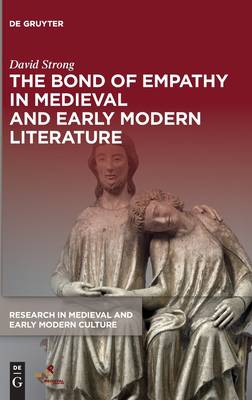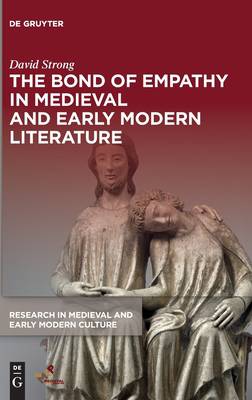
- Retrait gratuit dans votre magasin Club
- 7.000.000 titres dans notre catalogue
- Payer en toute sécurité
- Toujours un magasin près de chez vous
- Retrait gratuit dans votre magasin Club
- 7.000.0000 titres dans notre catalogue
- Payer en toute sécurité
- Toujours un magasin près de chez vous
Description
This study examines the various means of becoming empathetic and using this knowledge to explain the epistemic import of the characters' interaction in the works written by Chaucer, Shakespeare, and their contemporaries. By attuning oneself to another's expressive phenomena, the empathizer acquires an inter- and intrapersonal knowledge that exposes the limitations of hyperbole, custom, or unbridled passion to explain the profundity of their bond. Understanding the substantive meaning of the characters' discourse and narrative context discloses their motivations and how they view themselves. The aim is to explore the place of empathy in select late medieval and early modern portrayals of the body and mind and explicate the role they play in forging an intimate rapport.
Spécifications
Parties prenantes
- Auteur(s) :
- Editeur:
Contenu
- Nombre de pages :
- 178
- Langue:
- Anglais
- Collection :
- Tome:
- n° 35
Caractéristiques
- EAN:
- 9781501522529
- Date de parution :
- 20-09-22
- Format:
- Livre relié
- Format numérique:
- Genaaid
- Dimensions :
- 156 mm x 234 mm
- Poids :
- 458 g

Les avis
Nous publions uniquement les avis qui respectent les conditions requises. Consultez nos conditions pour les avis.






